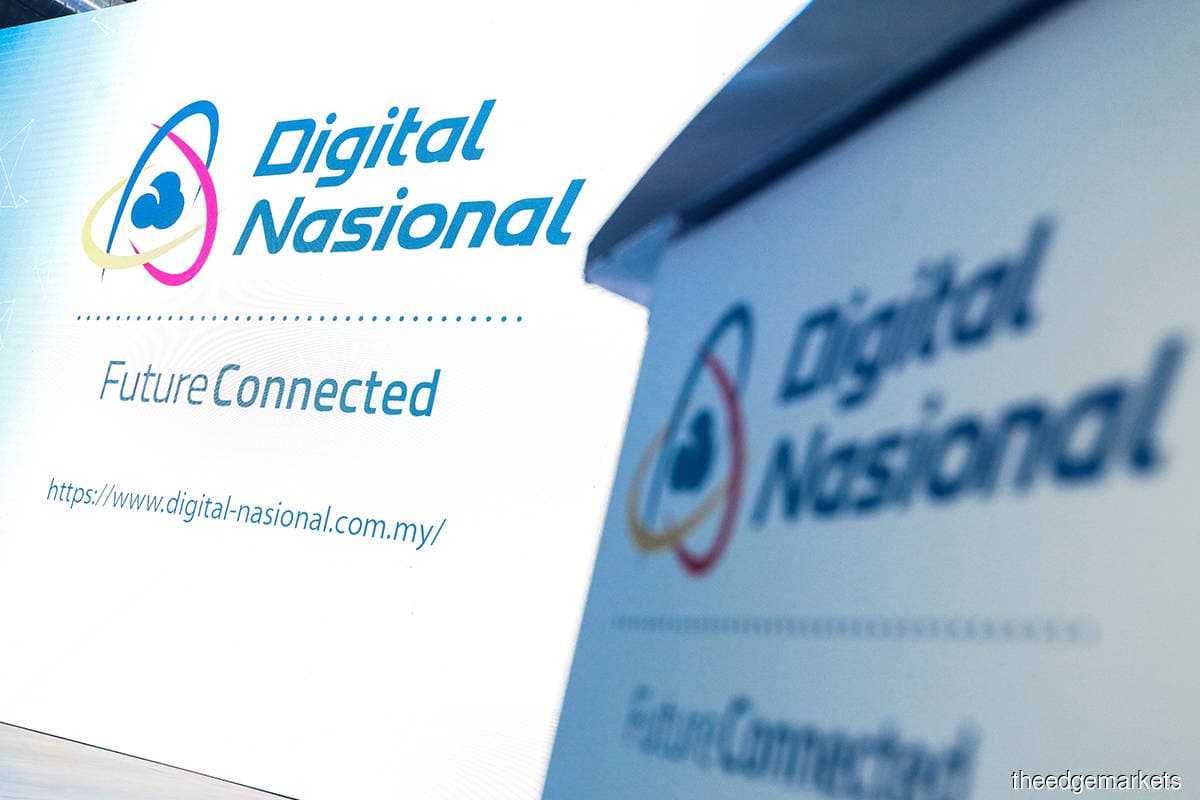
KUALA LUMPUR (Dec 2): Digital Nasional Bhd (DNB) has clarified that the approved cost of the 5G network and infrastructure deployment is RM16.5 billion over the next 10 years, with the network being funded by revenues generated by the sale of 5G capacity to the mobile network operators (MNOs).
The licensed telecommunications operator added that there is no government funding or guarantees that are anticipated or expected, other than an initial start-up investment of RM500 million.
In a statement on Friday (Dec 2), responding to comments made by the Federation of Malaysian Manufacturers (FMM), DNB said the country’s 5G network and infrastructure is being deployed on an accelerated schedule and presently covers approximately 38% of populated areas nationwide, including key industrial areas across the Klang Valley, Penang and Johor.
Current 5G coverage areas according to DNB’s interactive coverage include parts of Negeri Sembilan, Melaka, Perak, Kelantan, as well as Sabah and Sarawak.
“The network is on track to cover 80% by 2024, including even more industrial zones throughout the country — as well as nearly 28 million people — within three years of becoming available in December 2021,” said DNB.
To-date, five telcos — Celcom Axiata Bhd, Digi Telecommunications Sdn Bhd, Telekom Malaysia Bhd (TM), U Mobile Sdn Bhd, and YTL Communications Sdn Bhd (YES) — have commenced retail 5G services to end users, following the execution of their respective access agreements with DNB on Oct 31.
DNB was responding to statements by the FMM on the 5G network development in correcting certain statements made at the recent FMM Industry 4.0 Conference 2022.
On Thursday (Dec 1), FMM president Tan Sri Soh Thian Lai noted that the previous government’s 5G plans were to invest RM50 billion in the next 10 years, arguing that a decade is too long.
“The government should have the 5G infrastructure ready in five years,” said Soh. “Only then, will we be able to enhance more smart manufacturing.”
He further argued that investors may reconsider investing in areas with limited 5G coverage, as Industry 4.0 uses big data analytics that relies on stable Wi-Fi, thus the government must implement 5G in all industrial parks with fast high-speed broadband.
Meanwhile, the 4G subscription remains high and Soh urged the government to ensure competitive 4G prices.
“A lot of industries want to implement 5G but at the moment, we are still unsure about what the cost structure of the 5G that impacts the industries will be.”